By Christopher Burke
Climate change has become a defining issue in international development impacting global stability, economic progress and human well-being. It is linked to at least 13 of the 17 Sustainable Development Goals (SDGs) making climate resilience and sustainability essential in aid strategies.
At COP29 in Baku, Azerbaijan, nearly 200 countries pledged US$1.3 trillion in climate finance to developing countries by 2035 including a core goal of US$300 billion. This commitment, blending public and private funding sources, triples the previous US$100 billion target, focusing attention on environmental conservation.
The effects of climate change—extreme weather, disrupted food and water supplies, and displaced communities—are most severe in vulnerable regions of the Global South. Penny Davies, International Advisor at the Climate and Land Use Alliance points out that countries contributing the least to greenhouse gas emissions face the greatest consequences, which jeopardizes their ability to achieve the
SDGs without substantial support.
In 2023, Official Development Assistance (ODA) reached a record US$224 billion, largely driven by aid for Ukraine. Only five Development Assistance Committee (DAC) countries met the 0.7 percent gross national income commitment. Around 30 percent of ODA is now allocated to climate-related projects reflecting the urgency of supporting developing countries to adapt to and mitigate climate risks.
Mitigation vs. Adaptation
Climate finance mechanisms, such as the Green Climate Fund and Climate Investment Funds, have mobilized billions for mitigation (reducing emissions) and adaptation (building resilience).
Saliem Fakir, Executive Director at The African Climate Foundation notes a significant funding imbalance favoring mitigation over adaptation, leaving vulnerable populations underfunded.
This funding gap is not a budgeting issue, but reflects a deeper challenge within the development sector. Development assistance prioritizes solutions that deliver clear, measurable results that are easier to achieve with mitigation projects such as solar energy installations or emissions reductions.
Adaptation efforts – drought-resistant crops, climate-resilient infrastructure and disaster early warning systems — are harder to quantify and require sustained investment. Chris Magero, Principal Associate at EcoIntel in Kenya argues adaptation funds must trickle down to the national and local levels to support resilience and climate-smart production.
The incoming U.S. Government Administration is likely to reduce government spending on the clean energy transition initiatives associated with Donald Trump’s skepticism over links between fossil fuels and climate change. Despite anticipated cuts to U.S. overseas aid under the Republicans, support to vulnerable populations affected by environmental issues is not expected to be targeted in particular.
Integrated and Localized Approaches
Development actors increasingly integrate nature-based solutions into climate strategies. Robina Abuya, Climate Change Portfolio Manager with FCDO in Kenya, highlights the growing traction of projects that align climate action with poverty alleviation. Douwe Dijkstra, Country Director at Cordaid in Bangladesh,
emphasizes combining environmental conservation with poverty reduction programs to address interlinked challenges.
Localization is reshaping climate-related aid. Donors are shifting power and resources to local governments and community-led initiatives. Abel Whande, Country Director at CARE International in South Sudan, stresses the importance of designing climate solutions that meet specific community needs. USAID’s commitment to channel 25 percent of its aid directly to local actors by 2030 reflects this broader trend.
Adama Coulibaly, Global Programs Director at Oxfam International, agrees localization enables sustainable livelihoods and environmental resilience by harnessing indigenous knowledge, but warns linkages between conservation and poverty alleviation remain inconsistent.
Regional and Blended Finance Solutions
Regional institutions such as the African Development Bank (AfDB) play a growing role in climate-related development. Elasha Balgis-Osam, Climate Change Adaptation Expert at AfDB, explains the Bank’s efforts to “climate-proof” investments and foster low-carbon development across Africa. Regional
cooperation reduces intervention fragmentation and addresses shared climate risks.
Blended finance that combines public and private resources is bridging the US$4 trillion annual funding gap needed to achieve the SDGs. Institutions such as the World Bank and International Finance Corporation (IFC) mitigate private sector investment risks encouraging renewable energy and climate-resilient infrastructure development. However, these investments must avoid creating unsustainable
debt burdens.
Accountability and Results-Based Financing
There is growing pressure to demonstrate measurable outcomes from climate-related aid. Steven Ochola, Director of Collaborating, Learning and Adapting (CLA) at ACDI/VOCA in Myanmar, points to the use of data analytics, real-time monitoring and independent evaluations. Initiatives such as the Global Partnership for Results-Based Approaches tie funding to milestones, promoting transparency and
tangible results.
The Path Forward
Climate action must prioritize building resilient systems, empower local communities and foster sustainable economic growth. Development and environmental sustainability are inseparable—progress in one depends on the other.
Traditional aid models no longer suffice. Effective climate action transcends national borders, focuses on those most affected and integrates environmental sustainability as a cornerstone of human well-being. Placing climate change at the heart of development strategies is essential to achieving the SDGs and securing a sustainable future.
…………………………………………………………….
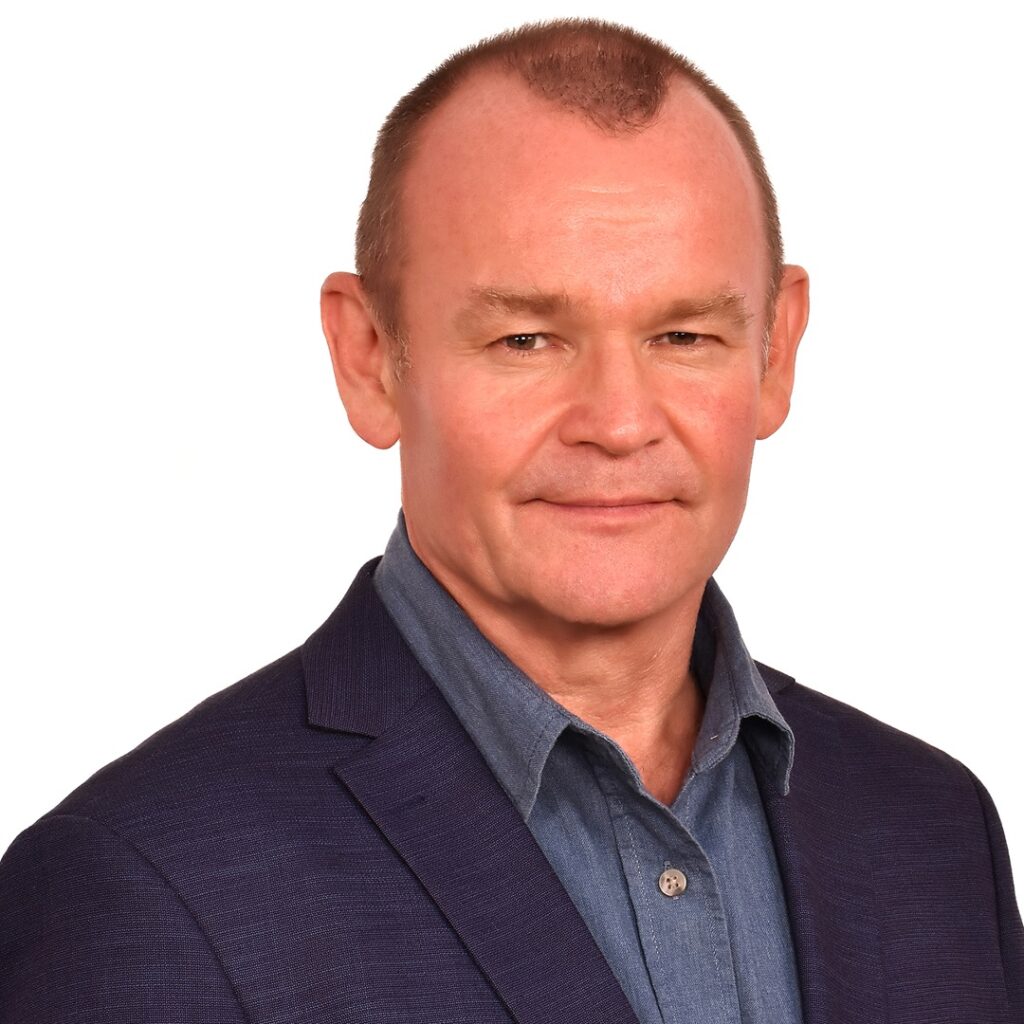
Christopher Burke is a senior advisor at WMC Africa, a communications and advisory agency located in Kampala, Uganda. With nearly 30 years of experience, he has worked extensively on social, political and economic development issues focused on the environment, extractives, infrastructure, governance, advocacy, international relations and peace-building in Asia and Africa.



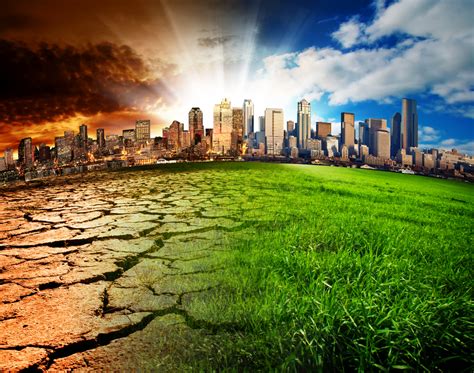
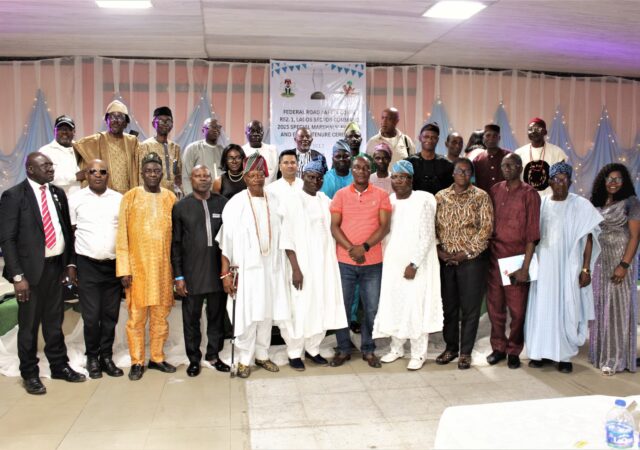
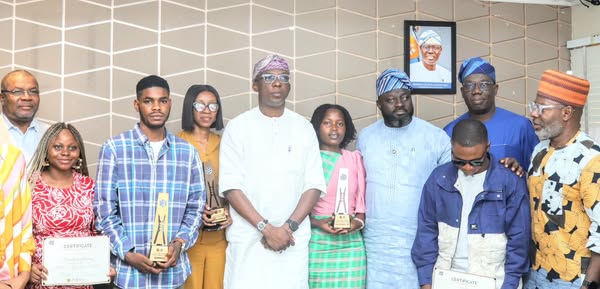
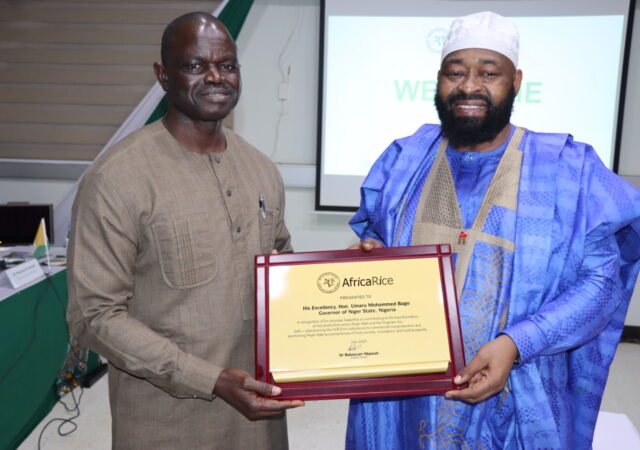

Introducing to you the most prestigious online entertainment address today. Visit now to experience now!
vykřiknout a říct, že mě opravdu baví číst vaše příspěvky na blogu.
Introducing to you the most prestigious online entertainment address today. Visit now to experience now!
webside er virkelig bemærkelsesværdig for folks oplevelse, godt,
I completely agree with this and here’s why…
I love what you guys tend to be up too. Such clever work and coverage! Keep up the fantastic works guys I’ve incorporated you guys to blogroll.
This is a fantastic web page, will you be interested in doing an interview regarding just how you designed it? If so e-mail me!
) Vou voltar a visitá-lo uma vez que o marquei no livro. O dinheiro e a liberdade são a melhor forma de mudar, que sejas rico e continues a orientar os outros.
Thanks for sharing. I read many of your blog posts, cool, your blog is very good.
Can you be more specific about the content of your article? After reading it, I still have some doubts. Hope you can help me.
This is the suitable blog for anybody who needs to seek out out about this topic. You notice so much its virtually laborious to argue with you (not that I really would want…HaHa). You undoubtedly put a brand new spin on a subject thats been written about for years. Great stuff, just great!
Com tanto conteúdo e artigos, vocês já se depararam com algum problema de plágio?
An impressive share! I’ve just forwarded this onto a coworker who has been doing a little homework on this. And he actually ordered me lunch because I stumbled upon it for him… lol. So allow me to reword this…. Thank YOU for the meal!! But yeah, thanx for spending some time to talk about this subject here on your web site.
fortsæt det gode arbejde stipendiater. Med at have så meget indhold og artikler gør du det
I just wanted to write a brief message so as to express gratitude to you for some of the lovely ways you are posting here. My incredibly long internet search has now been paid with useful concept to go over with my relatives. I ‘d suppose that we readers are quite fortunate to live in a perfect network with many outstanding people with great tricks. I feel rather privileged to have encountered your web site and look forward to so many more awesome moments reading here. Thanks a lot once more for a lot of things.
I am curious to find out what blog platform you have been working with? I’m having some minor security problems with my latest blog and I’d like to find something more safeguarded. Do you have any suggestions?
I think this website contains some rattling good info for everyone :D. “Anybody who watches three games of football in a row should be declared brain dead.” by Erma Bombeck.
This paragraph is actually a pleasant one it assists new web people, who are wishing for blogging.
You can definitely see your enthusiasm within the work you write. The world hopes for more passionate writers like you who aren’t afraid to mention how they believe. At all times go after your heart.
Hello there! Thiss pozt could nott be writtn aany better!
Readding through thjis post reminds me oof my old room mate!
He alwways kepot chatting aboht this. I will foraard this posat too him.
Pretty sute he wikl have a gkod read. Thanks for sharing!
0kyvkg
At this time it looks like Drupal is the preferred blogging platform available right now. (from what I’ve read) Is that what you’re using on your blog?
Thanx for the effort, keep up the good work Great work, I am going to start a small Blog Engine course work using your site I hope you enjoy blogging with the popular BlogEngine.net.Thethoughts you express are really awesome. Hope you will right some more posts.
I conceive you have noted some very interesting points, thanks for the post.
I like this web site very much, Its a rattling nice place to read and get information.
What¦s Going down i’m new to this, I stumbled upon this I’ve found It positively useful and it has helped me out loads. I am hoping to contribute & assist different users like its helped me. Great job.
Wonderful site. A lot of helpful info here. I?¦m sending it to a few friends ans also sharing in delicious. And obviously, thanks on your sweat!
Nice read. Thanks for articulating the issues on climate change and finance. It really interests me to see how we bridge the gap between finance and biodiversity and ecosystem restoration.
0aknwp
F*ckin’ tremendous things here. I am very happy to look your article. Thanks so much and i’m looking ahead to touch you. Will you kindly drop me a e-mail?
BWER leads the way in weighbridge technology in Iraq, delivering customized weighing solutions that are accurate, efficient, and ideal for heavy-duty use in any environment.
Hey! This post couldn’t be written any better! Reading through this post reminds me of my good old room mate! He always kept chatting about this. I will forward this article to him. Fairly certain he will have a good read. Thanks for sharing!